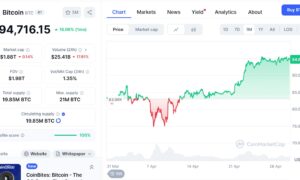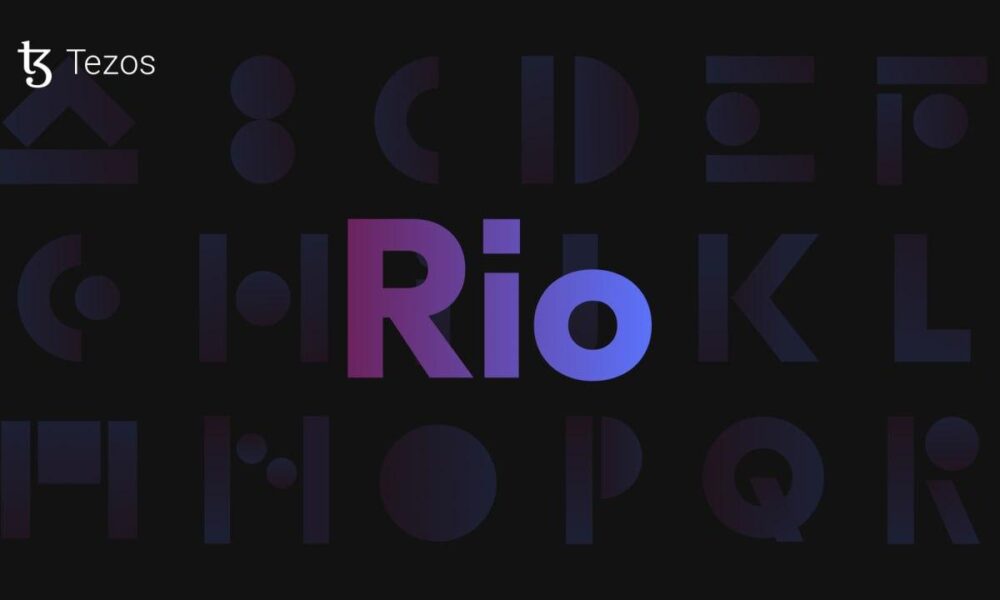In the ever-evolving landscape of SEO, link building has remained a cornerstone strategy. But the days of working in silos are behind us. Today’s most effective link builders are those who collaborate, share knowledge, and work within a network of like-minded professionals. That’s because in this game, being part of a strong link-building community can make all the difference. It transforms challenges into opportunities, helps overcome roadblocks faster, and opens doors to innovative strategies that one person alone might miss.
In this post, we’ll explore how collaboration enhances the link building process, why isolation can slow progress, and what practical benefits a strong network can bring. From trust-building to tool-sharing, let’s unpack why link builders are truly stronger togetherm
The Power of Collective Knowledge
Link building is as much about staying updated as it is about execution. Google’s algorithms evolve continuously, and what worked last year may no longer yield results today. A key advantage of being part of a link building community is access to fresh insights.
When link builders collaborate, they share what’s working in real-time. Whether it’s a new outreach tactic, a content format that earns more backlinks, or the latest Google update affecting rankings, this exchange of information keeps everyone ahead of the curve.
Instead of testing each theory alone, members benefit from the collective experimentation of the group. This doesn’t just save time—it multiplies success. It’s a smarter, faster way to adapt and innovate.
Also, many niche-specific link building tactics only become apparent when discussed among peers. For example, link acquisition for legal websites is different from e-commerce or SaaS, and these nuances are best understood through real-world discussions with others in the field.
Accountability and Motivation
Working solo has its perks, but let’s be honest—it’s easy to lose momentum without someone to check in with. Being part of a community naturally introduces accountability. Whether you’re part of a Slack group, a private forum, or a mastermind circle, knowing others are progressing pushes you to keep up.
But it’s not just about pressure—it’s about encouragement. When you hit a dry spell or your outreach emails aren’t getting replies, a community can offer fresh eyes, new templates, or simply a morale boost.
This sense of shared progress builds long-term consistency. And in link building, consistency is key. One week of outreach won’t move the needle much—but months of persistent effort, fueled by support and shared wins, absolutely will.
Sharing Tools, Resources, and Data
Link builders rely on a variety of tools for prospecting, SEO audits, and outreach management. Some are expensive, others are hidden gems. Within a community, access to these tools and tips is expanded significantly.
Members often share access to premium tools, swap datasets, or pool resources for group discounts. Others share detailed templates for outreach, spreadsheets for tracking link placements, and curated lists of link prospects by industry.
This generosity shortens the learning curve for new link builders and gives experienced ones, especially those working with a professional SEO agency, a broader arsenal. Rather than spending hours testing tools or building systems from scratch, you get a head start with proven setups others are already using successfully.
Navigating Challenges with Support
Link building isn’t always smooth sailing. Outreach campaigns flop. Webmasters ignore emails. Or worse, you might get hit by a manual penalty from Google for a questionable backlink profile.
In such moments, solo link builders are more likely to feel discouraged—or worse, make impulsive decisions that hurt their sites further. But in a community, support is just a message away.
Others have been there. They’ve dealt with Google penalties. They’ve seen their link placements vanish overnight. And they can offer advice, perspective, or even help you troubleshoot your current issues.
This peer support can be the difference between giving up and growing through adversity. It adds resilience to your strategy, helping you respond with confidence rather than panic.
Building Partnerships and Guest Posting Opportunities
One of the most practical benefits of collaboration is access to guest post swaps, backlink exchanges (ethical and relevant, of course), and contributor invitations.
Let’s say you’re writing for a health blog and meet someone who manages a fitness site. There’s mutual benefit in exchanging links or offering guest posts—provided they’re relevant and high-quality.
Within a community, such opportunities come up naturally. You don’t have to cold-pitch every editor you meet. Instead, relationships built through honest collaboration can lead to ongoing contributor roles or link placements that are easier to secure and more impactful in the long run.
These partnerships are especially valuable in competitive niches, where link acquisition can be tougher. A warm connection beats a cold pitch every time.
Learning Ethical and Sustainable Practices
It’s no secret that link building has a gray area. Black-hat tactics still float around, and it’s easy to stumble into risky practices without guidance. One big benefit of community interaction is learning what to avoid—and what to focus on—in a more ethical, sustainable approach.
When you surround yourself with professionals who prioritize value-driven content, quality outreach, and authentic connections, your strategies become more future-proof. You avoid shortcuts that might bring quick wins but also invite penalties down the road.
You also gain access to conversations about the real cost of low-quality link schemes and how to recover from past mistakes. This shared wisdom saves countless hours—and sometimes entire websites.
Diversity of Perspective Sparks Innovation
Every link builder has a slightly different background. Some come from journalism, others from marketing or tech. Some specialize in ecommerce, while others work in SaaS or local SEO.
This diversity is incredibly valuable. It brings new ways of thinking, different methods for outreach, and creative ideas for link-worthy content. Within a diverse group, someone might suggest a podcast guesting strategy, while another recommends digital PR, and someone else is crushing it with HARO responses.
By learning from multiple perspectives, you expand your toolkit. You’re not stuck doing things the same way. You evolve with input from others who are testing different approaches in parallel.
This kind of creative cross-pollination is only possible when link builders connect beyond their silos.
Strength in Numbers: A Unified Voice
Finally, a strong community gives link builders a collective voice. Whether it’s advocating for transparency in SEO tool pricing, pushing back against unfair editorial policies, or simply promoting best practices, there’s strength in numbers.
As the SEO industry matures, collective advocacy is becoming more important. Solo operators may struggle to get noticed, but together, link builders can influence platforms, search engines, and even industry standards.
By joining forces, we can help shape the future of link building into something more transparent, ethical, and rewarding for everyone.
Final Thoughts
The myth of the lone genius link builder is fading. Today, the most successful practitioners know that collaboration is not just helpful—it’s essential. Whether you’re learning from peers, sharing tools, or forming strategic partnerships, being part of a link building community empowers you to go further, faster.
It’s not about competition; it’s about contribution. And when link builders come together with generosity and purpose, they raise the standard for everyone in the field.
So if you haven’t yet tapped into the collective strength of your fellow link builders, now’s the time. The community is out there—and it’s waiting to help you grow.































